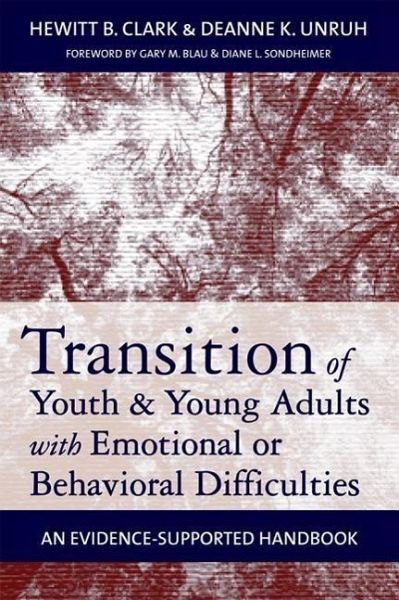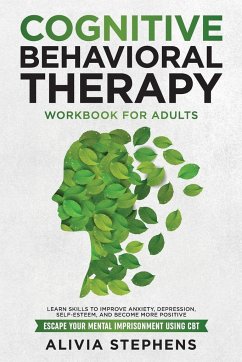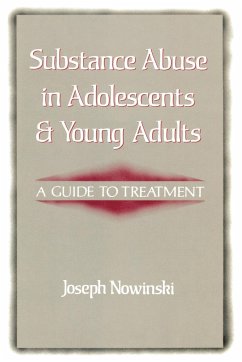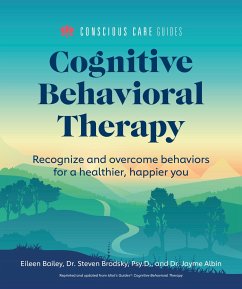
Transition of Youth & Young Adults with Emotional or Behavioral Difficulties
An Evidence-Supported Handbook
Herausgeber: Clark, Hewitt; Unruh, Deanne
Versandkostenfrei!
Versandfertig in über 4 Wochen
37,99 €
inkl. MwSt.

PAYBACK Punkte
19 °P sammeln!
As youth with emotional or behavioral difficulties transition from school and home settings, they face the complex challenges and expectations of adult life: finding and maintaining work, establishing new relationships, building a career, and more. This comprehensive professional handbook will help transition specialists, general and special educators, school psychologists, and administrators support youth and young adults in setting goals and achieving positive outcomes across employment, education, and community settings. Through up-to-date research and in-depth analyses of five successful t...
As youth with emotional or behavioral difficulties transition from school and home settings, they face the complex challenges and expectations of adult life: finding and maintaining work, establishing new relationships, building a career, and more. This comprehensive professional handbook will help transition specialists, general and special educators, school psychologists, and administrators support youth and young adults in setting goals and achieving positive outcomes across employment, education, and community settings. Through up-to-date research and in-depth analyses of five successful transition programs, readers will discover how to apply evidence-supported practices to guide youth and young adults through the transition obstacle course, bridge the gap between child and adult mental health services for consistent, coordinated care, and ensure effective adult services that are developmentally and culturally appropriate. System fragmentation is addressed, so the mental health, education, justice, and other systems can work together to serve children's best interest and implement strategies for the transition from high school to meaningful employment or postsecondary training. The handbook shows how to use peer support to reach, engage, and coach young people as they move into adulthood and reduce common risk behaviors through skillful prevention planning and methods for funding and sustaining services and supports through a creative combination of federal, state, local, and private dollars. Vignettes and first-person testimonials throughout strengthen readers' awareness of the challenges young people experience and how effective transition services can make a difference. Detailed examinations of program, system, policy, and research needs will help professionals shape the future of mental health supports -- and ensure the best possible adult lives for the young people they serve.












